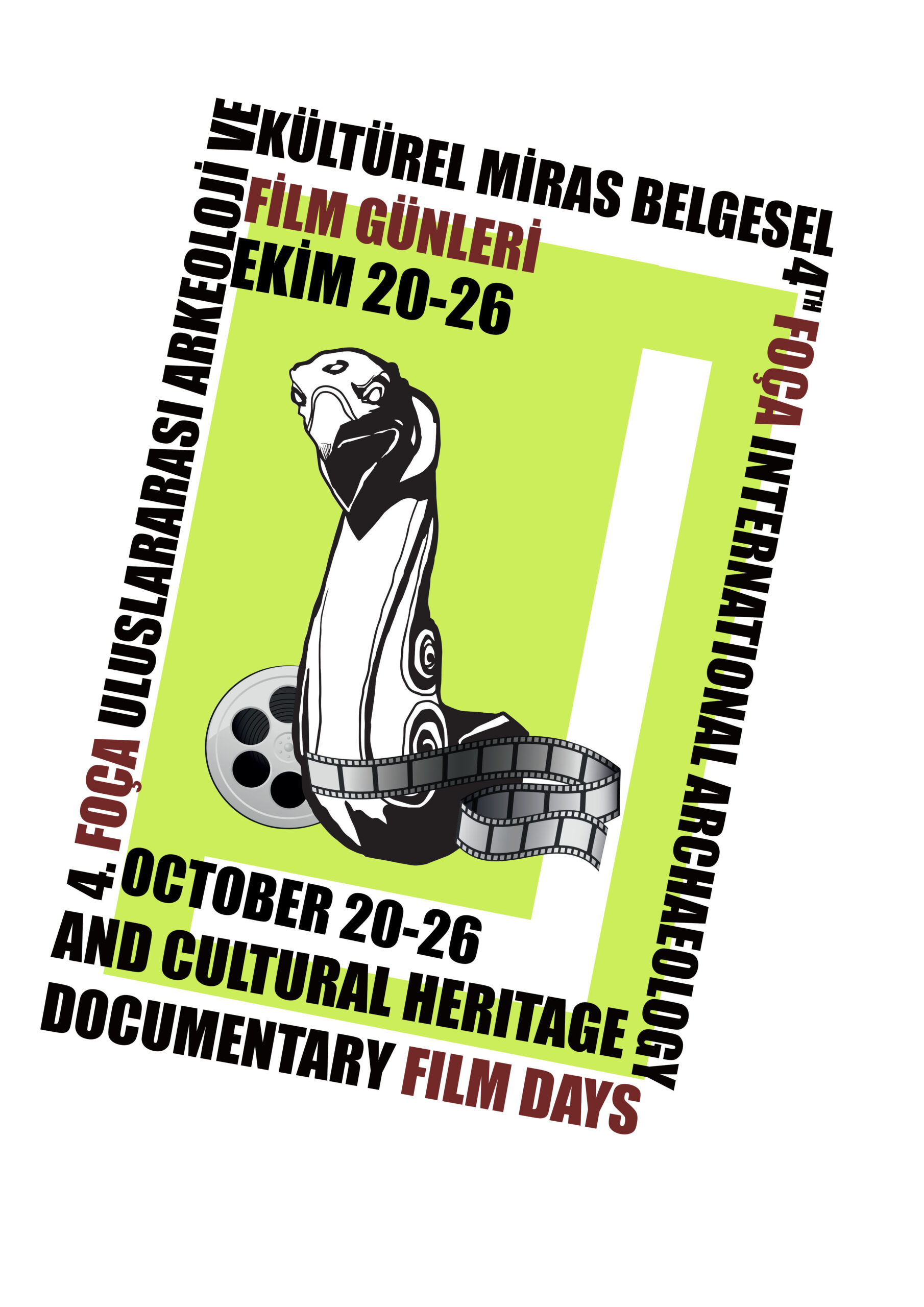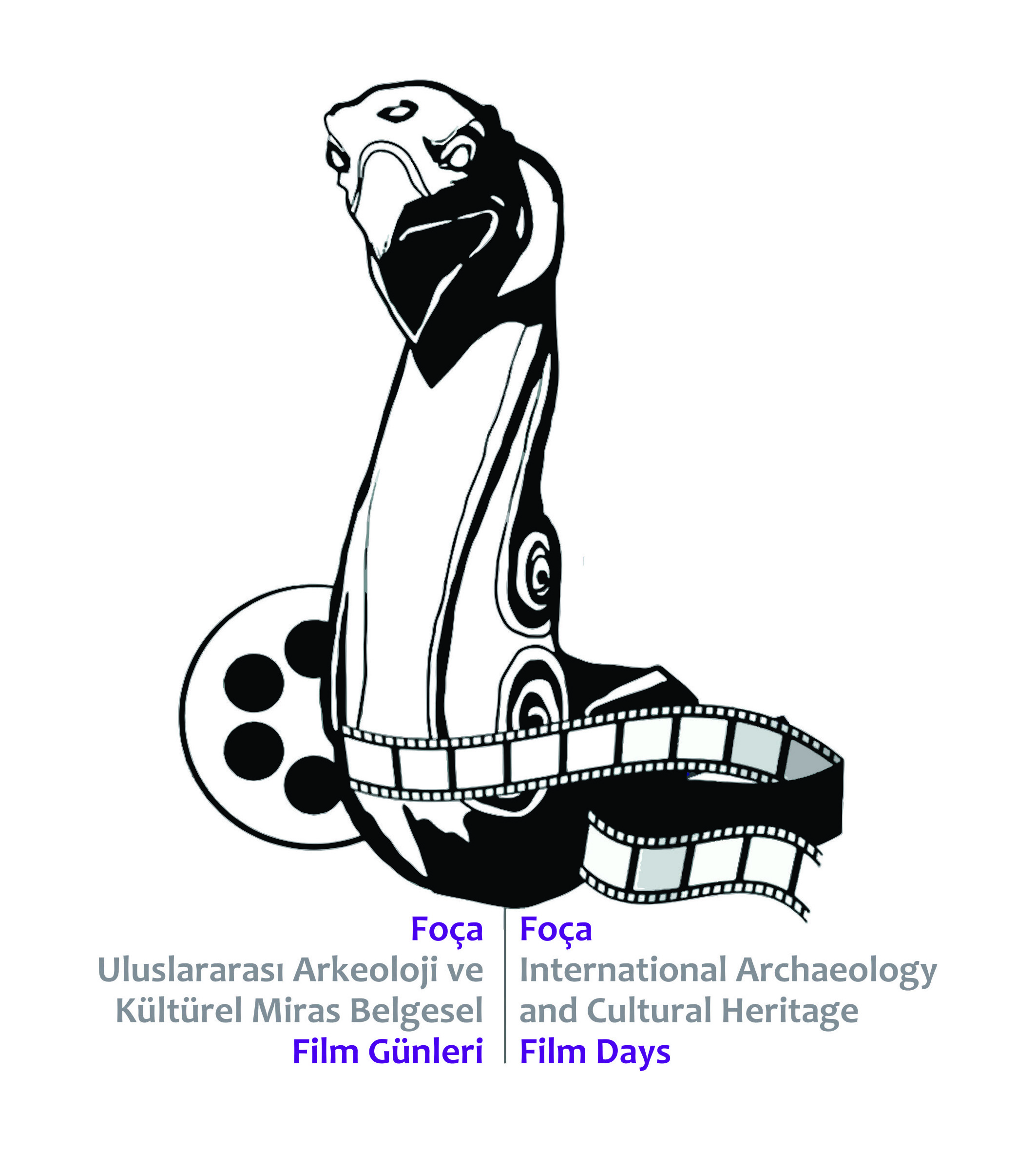“But is it Local? Local Culture and World Heritage”
The 4th Foça International Archaeology and Cultural Heritage Documentary Film Days will be presented between 20-26 October 2021. We hope you'll join us...




This website has been prepared as part of European Union Sivil Düşün Programme, with the support of European Union. The contents of this website are the sole responsibility of Foça Film Days and can in no way be taken to reflect the views of the European Union.

Copyright 2019 Foça Film Days | © All Rights Reserved